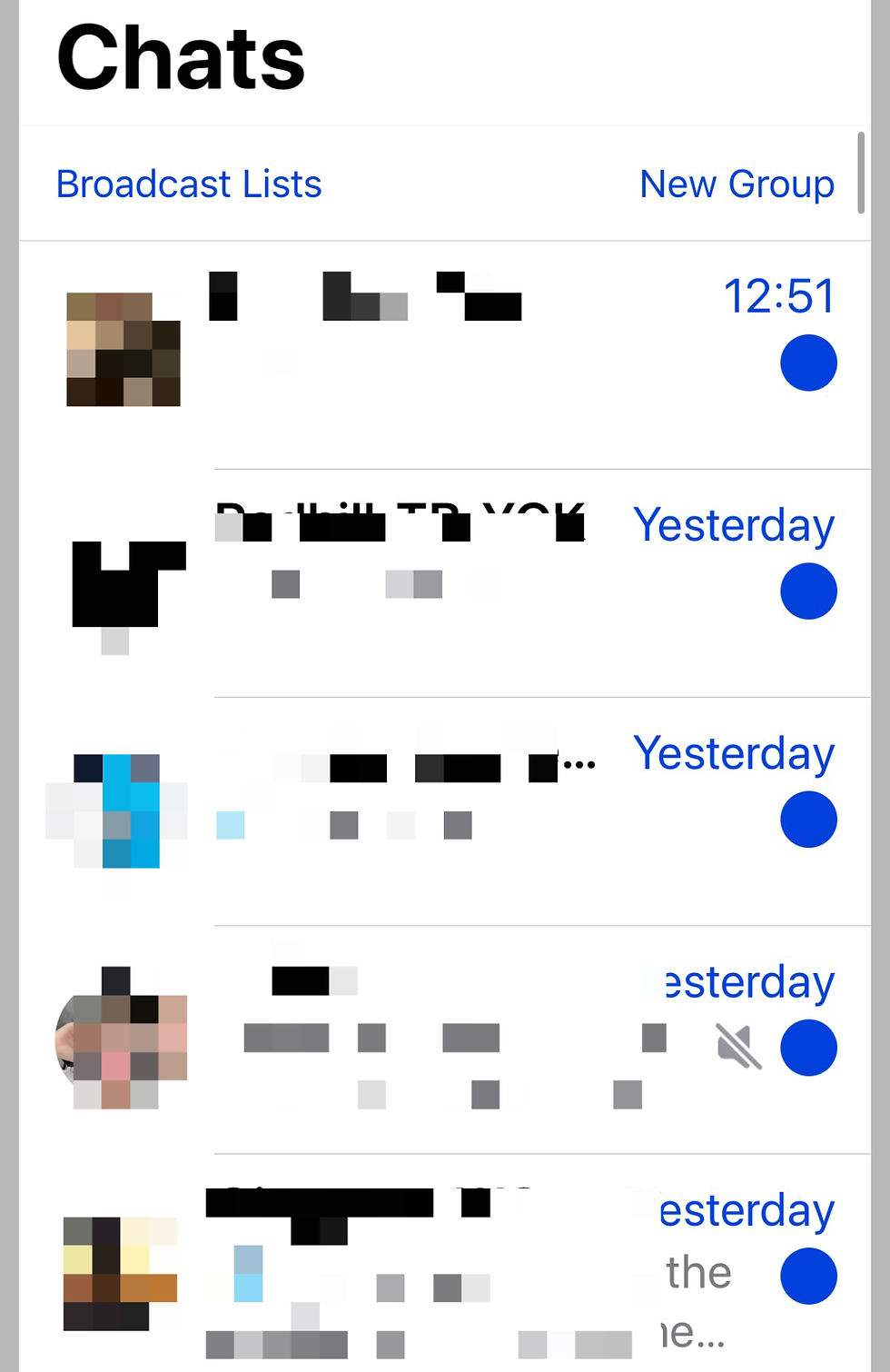- K

- Aug 8, 2020
- 4 min read
Updated: Mar 27, 2023
Before emails became the norm at the workplace. People worked around the boundaries of the 9-to-6 work hour regime. The generally accepted convention was that: If you'd tried to reach someone after hours, there would be no one there to pick up the phone, because everyone at the office had gone home. The only way you could try to reach out to that person again was to call back the following morning. The telephone or face-to-face meetings were socially and professionally accepted protocols.
First email addresses, then came the personal computer.
In addition to receiving just a verbal confirmation, we then had the ability to communicate and access a wider variety of information media - lengthy text messages, pictures and sometimes videos (bandwidth permitting).
This transformation gave way to many opportunities for individuals and businesses to communicate: digital e-receipts containing information that would allow us to reduce the back-and-forth phone calls, allowing us to make collective decisions in a much quicker way. Although the speed at which we conducted business increased significantly, we were still constrained by the boundaries of normal working hours as personal computers were largely used in the office and people left their workstations at the end of the day.
Laptops and WiFi.

We used to access the Internet by plugging one of these cards into the side of our laptops. That enabled us to surf the net wherever that was an Internet access point - at school, at work, in the cafe, at public places, etc. More importantly, with Internet on the move, we could now send and receive emails virtually anywhere. Having access to emails at home implied that people were able to continue to respond even after the stipulated working hours. Implied is the operative word here because there are no real obligations to reply a client or your boss after working hours. But think about the potential consequences that come along with this:
A competitor might beat you at responding to a potential sales lead while you were "out of the office". You might have missed that long awaited promotion at the workplace just because you failed to scratch the itch in your boss' brain on an idea for a new product launch at 1am in the morning.
So, now we have started to over-step the boundaries. In the past your performance was judged based on your presence and delivery at the workplace. Today, in the digital world, you are omni-present and being judged all of the time. Responsive-ness (or in this case the lack of it) translates to missed opportunities, lower sales, and lower bonuses.
This vicious cycle and frenzy of responding to emails after office hours gets propagated over the years, and clients/bosses grew accustomed to the instant gratification of having an almost immediate response from a vendor/colleague. Just think about the number of times you had felt uneasy just because a friend or a colleague didn't reply to your email "immediately". Instant gratification.
Emails and instant messaging are now so cheap (and virtually free) that we are communicating and replying every minute on a daily basis.
A compulsive need to reply every message.
Today, my whatsapp and wechat sometimes looks like this:

I used to have a compulsive need to reply to every message that comes in. The habit stemmed from years of working in a corporate finance role where every deliverable was expected to be served in double-quick real time. It was to the extent that even the mere sound of the notification (both email and whatsapp) gave me butterflies in my stomach. Half the time, it was an email coming in from someone expecting work to be done. The process was hard-wired and programmed into my nerves and I'd lived the majority of my work life (>10 years) on that instinct. It was unhealthy.
Today, I am glad that I have grown out of this toxic mindset, which has obviously resulted in the consistent backlog of messages in my phone. I also do not feel any guilt for not replying someone on a timely basis. My whatsapp chat list is like my email inbox. I reply only if the matter requires my urgent attention (in which case, the person would have most likely called me), or when it is convenient for me.

Email takes a back seat.
The introduction of Whatsapp, Wechat, Line, etc have blurred the lines between our social and professional circles. It is the defacto go-to channel for getting things done - at home of at the office. Email is just for keeping things on the record. As COVID-19 continues to keep people at home, these communication tools will increasingly be the norm with Zoom being the latest addition to the family.
It is going to feel somewhat awkward in navigating a world where nearly all business dealings are done away from the office and in an entirely virtual domain or even from home. No more visits to posh looking offices in the city area or meetings in gigantic boardrooms overlooking the waterfront bay.
"It is great to meet you on Zoom. By the way, the background behind me is my study where I spend nearly most of my waking hours. This is my new suit. I'm not wearing long pants by the way. In fact, I'm probably not wearing any pants at all."
It might end up becoming a new way of life.
Digitization and technology makes all things possible. An example is the signing of official paper documents. Physical copies and in-person signatures might have been mandatory in the past but in today's context many companies have come to accept e-signatures as the standard.
Today, we speak of work-from-home ("WFH") as if it is a separate and alternative business continuity procedure. But in years to come, the physical dimensions of what defines the office and what defines the home will be so blurred that the term WFH will no longer be relevant.
The phrases: "I'm working at the office today" or "I'm working from home today", will hold no meaning. It'll just be: "I'm working" and you will be deemed to be working ALL the time.